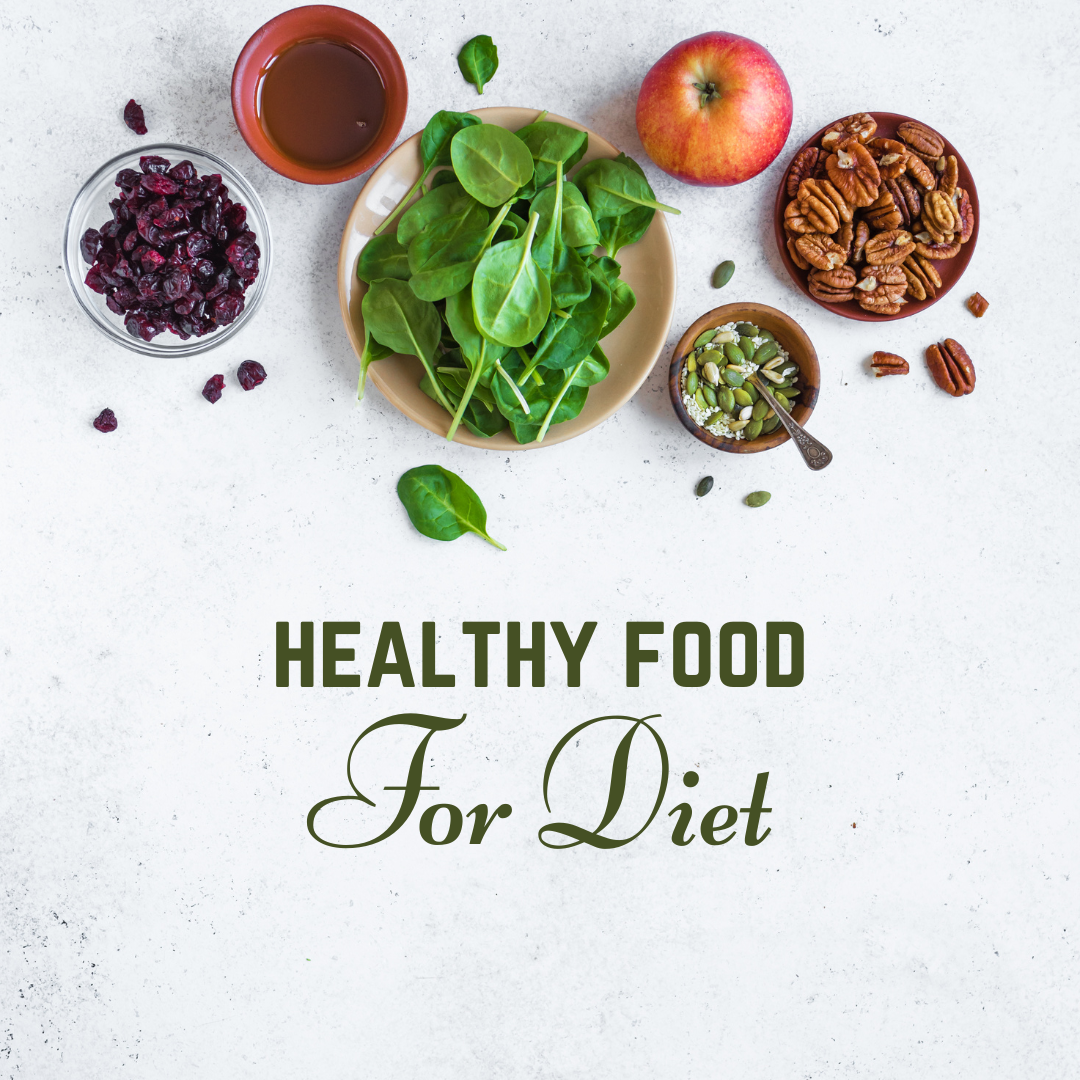The Power of Traditional Foods: A Path to Better Health and Cultural Connection
Traditional foods are more than just meals—they’re an integral part of cultural identity and a natural key to lifelong health. Passed down through generations, these time-tested dishes are rich in essential nutrients and crafted with wisdom that aligns closely with sustainable living and balanced wellness.
As modern diets become increasingly processed and disconnected from nature, revisiting traditional food habits is more important than ever. (https://fitforevers.com/the-role-of-traditional-foods-in-global-health/)
Why Traditional Diets Matter for Health and Well-being
Traditional diets are built on whole, seasonal, and locally sourced ingredients—free from artificial additives and refined sugars. These diets emphasize balance, variety, and natural preparation methods, promoting both physical and mental health.
Core Health Benefits of Traditional Foods:
✅ Nutrient-Dense: Traditional dishes are packed with essential vitamins and minerals—far more than ultra-processed alternatives.
✅ Gut Health Support: Fermented foods like kimchi, yogurt, and sauerkraut support a healthy microbiome and digestion.
✅ Disease Prevention: Diets like the Mediterranean have been linked to lower risks of heart disease, obesity, and type 2 diabetes.
✅ Clean Eating: These meals often rely on organic or minimally processed ingredients, free from synthetic chemicals.
Traditional Diets Around the World and Their Health Benefits
🌿 1. Mediterranean Diet (Greece, Italy, Spain)
- Key Foods: Olive oil, legumes, fish, whole grains, fresh vegetables, nuts
- Benefits: Improves heart health, supports brain function, and promotes longevity
🍵 2. Japanese Okinawan Diet
- Key Foods: Fish, seaweed, tofu, miso, rice, green tea
- Benefits: Associated with one of the longest life expectancies in the world and reduced risk of chronic illness
🌶️ 3. Ayurvedic Diet (India)
- Key Foods: Spices (turmeric, ginger), lentils, ghee, fermented foods, whole grains
- Benefits: Aids digestion, lowers inflammation, and boosts immunity
🐟 4. Nordic Diet (Scandinavia)
- Key Foods: Fatty fish, root vegetables, berries, rye bread, low-fat dairy
- Benefits: Rich in omega-3s, fiber, and antioxidants—supports heart health and weight balance
🌽 5. Latin American Diet (Mexico, Peru, Brazil)
- Key Foods: Beans, maize, avocado, tomatoes, chili peppers, herbs
- Benefits: High in fiber and plant-based nutrients that support metabolic and digestive health
Why We Must Preserve Traditional Food Practices
Traditional recipes are a window into the values, stories, and environment of a community. Their preservation offers benefits far beyond the dinner table:
🌱 Cultural Heritage: These meals represent the identity and wisdom of generations.
🌱 Sustainability: Many traditional diets are naturally aligned with local, seasonal, and sustainable agriculture.
🌱 Health & Wellness: Traditional diets offer balanced, whole-food nutrition that helps prevent lifestyle-related diseases.
🌱 Natural Cooking Methods: Steaming, fermenting, and slow cooking preserve nutrients and enhance flavor—unlike modern, fast-food methods.
How to Incorporate Traditional Foods into a Modern Lifestyle
Adopting traditional eating habits doesn’t mean giving up convenience—it means making intentional choices that nourish your body and honor your roots.
Try These Simple Strategies:
✅ Choose Whole, Natural Foods: Prioritize vegetables, legumes, and whole grains over refined products.
✅ Explore Traditional Cooking: Replace deep frying with steaming, fermenting, or slow-cooking methods.
✅ Use Natural Spices & Herbs: Skip artificial flavorings and rediscover the power of turmeric, cumin, cinnamon, and more.
✅ Aim for Balance, Not Restriction: Traditional diets emphasize harmony between different food groups—not extremes.
✅ Support Local Farmers: Many local producers grow traditional ingredients—buying from them supports community and sustainability.
Embrace the Wisdom of Tradition
Traditional foods are more than nostalgic dishes—they are living testaments to how food can heal, connect, and sustain us. By bringing these foods back into our kitchens, we nourish not only our bodies but also our cultural identity and the planet.
Start with one meal a day. Add fermented veggies to your lunch. Use traditional spices in your soups. Choose whole grains over white bread. Small steps make a lasting difference.
🌿 Rediscover the wisdom of your roots. Reclaim your health through the power of tradition.

